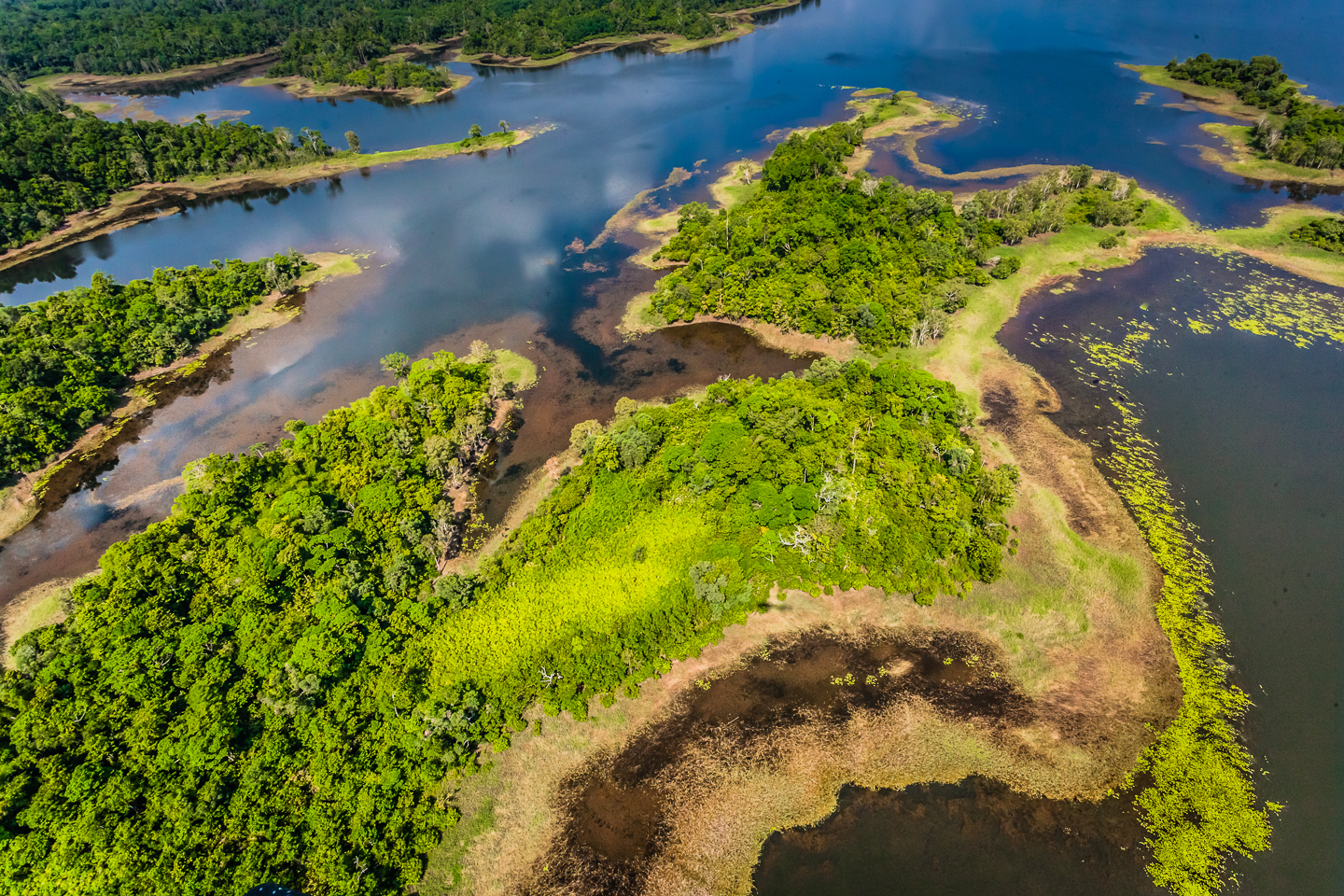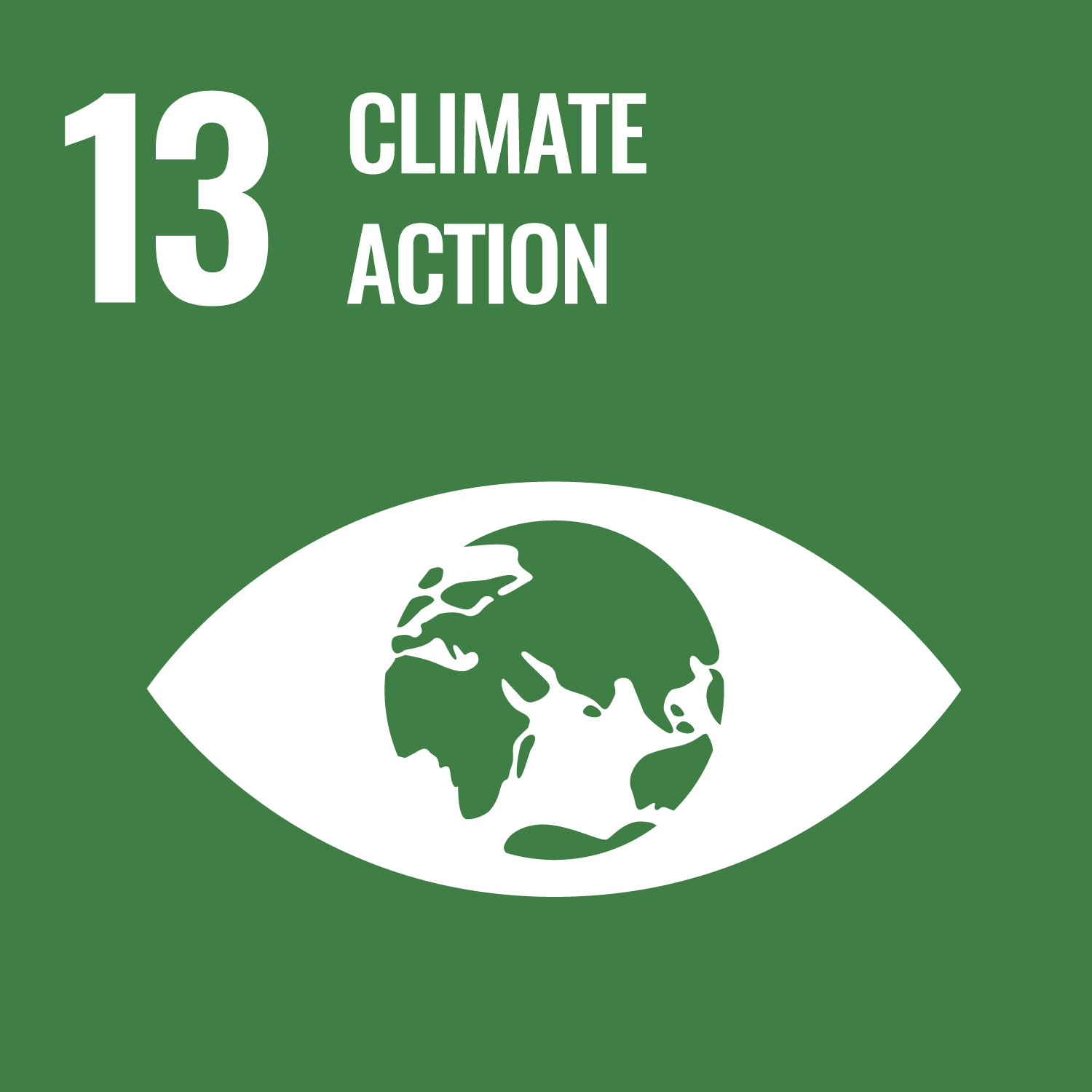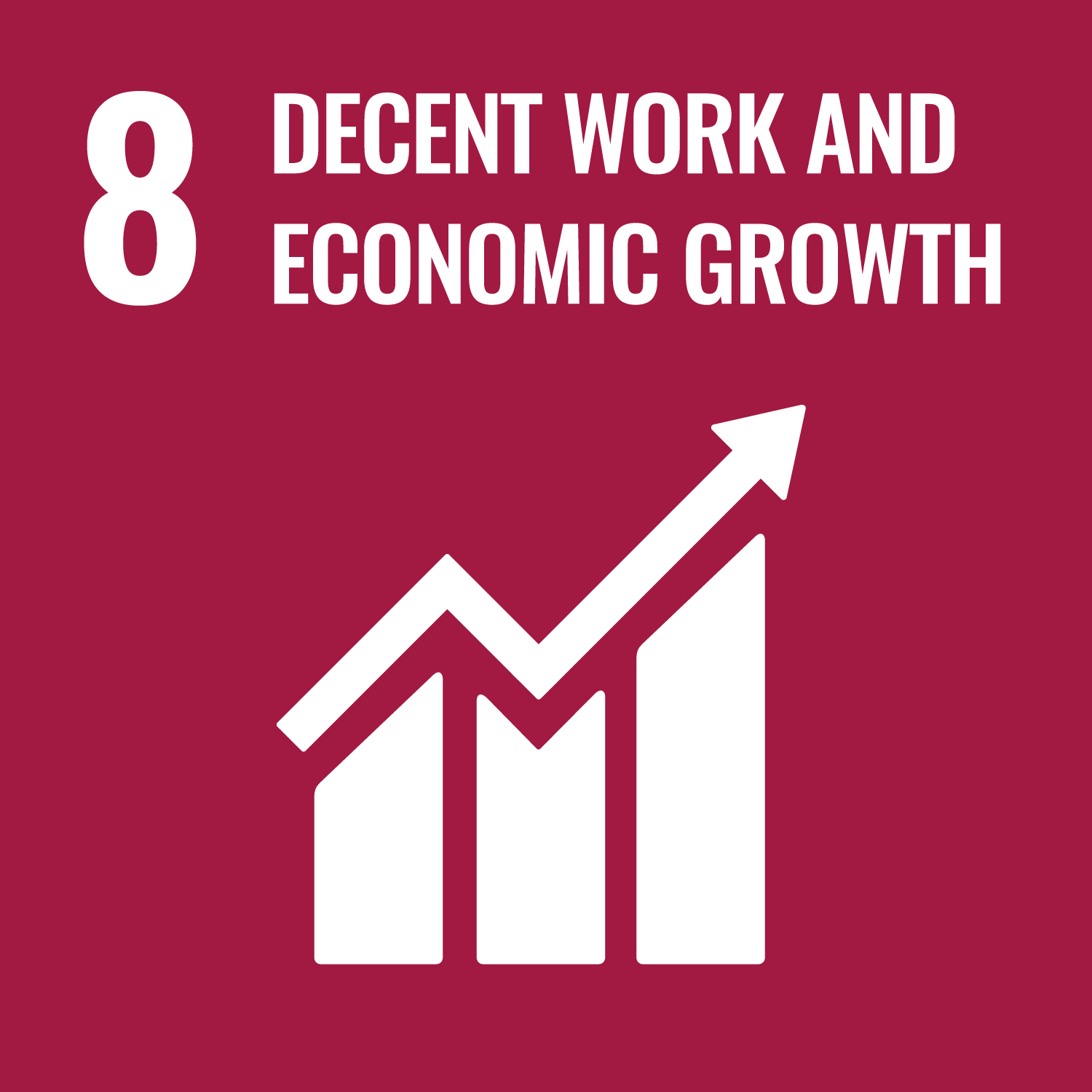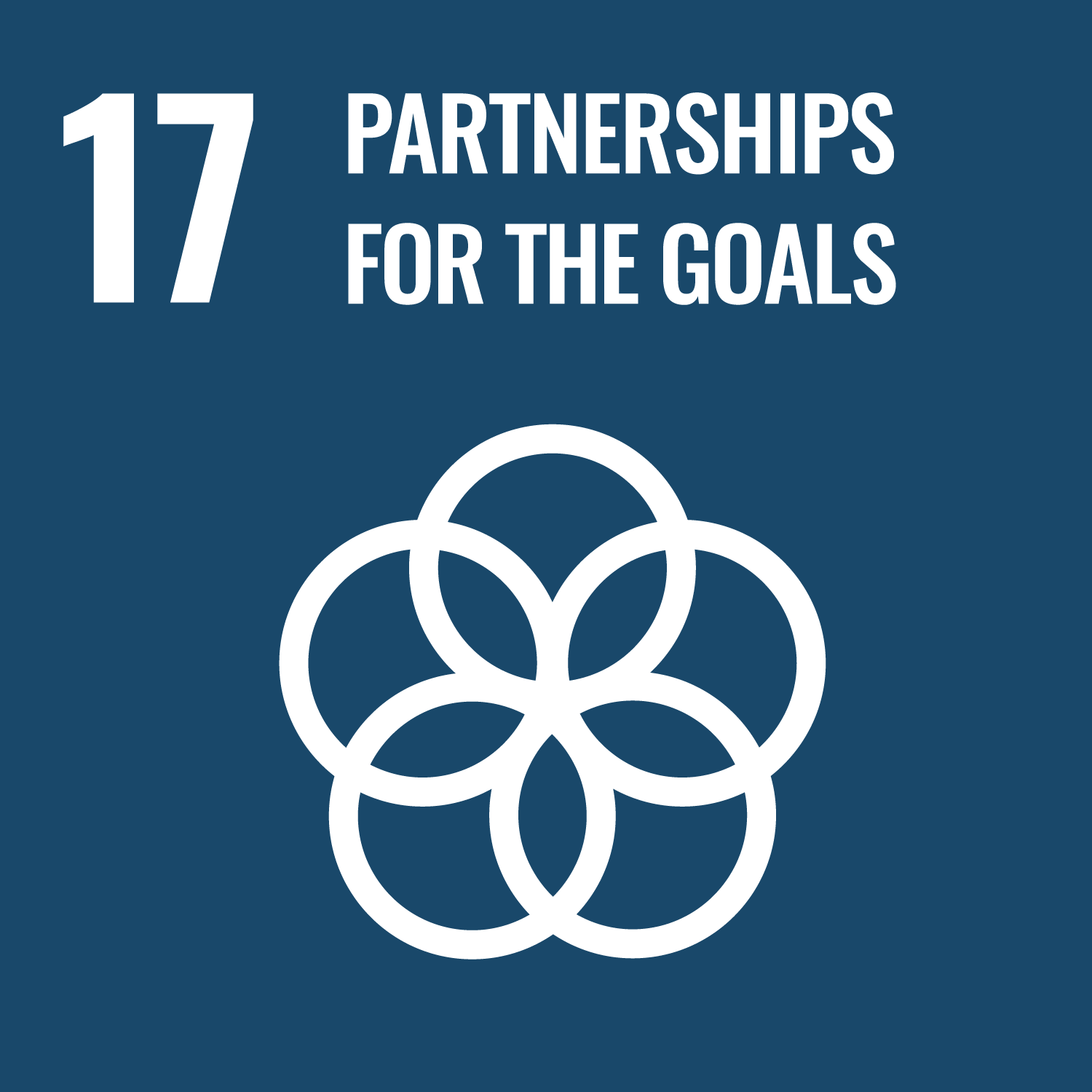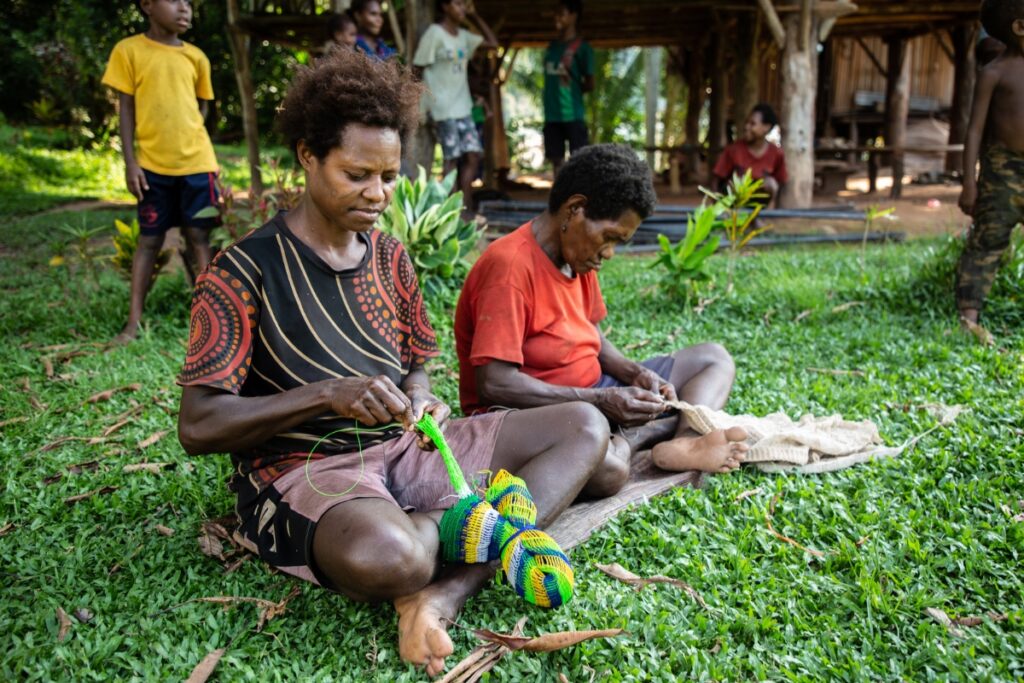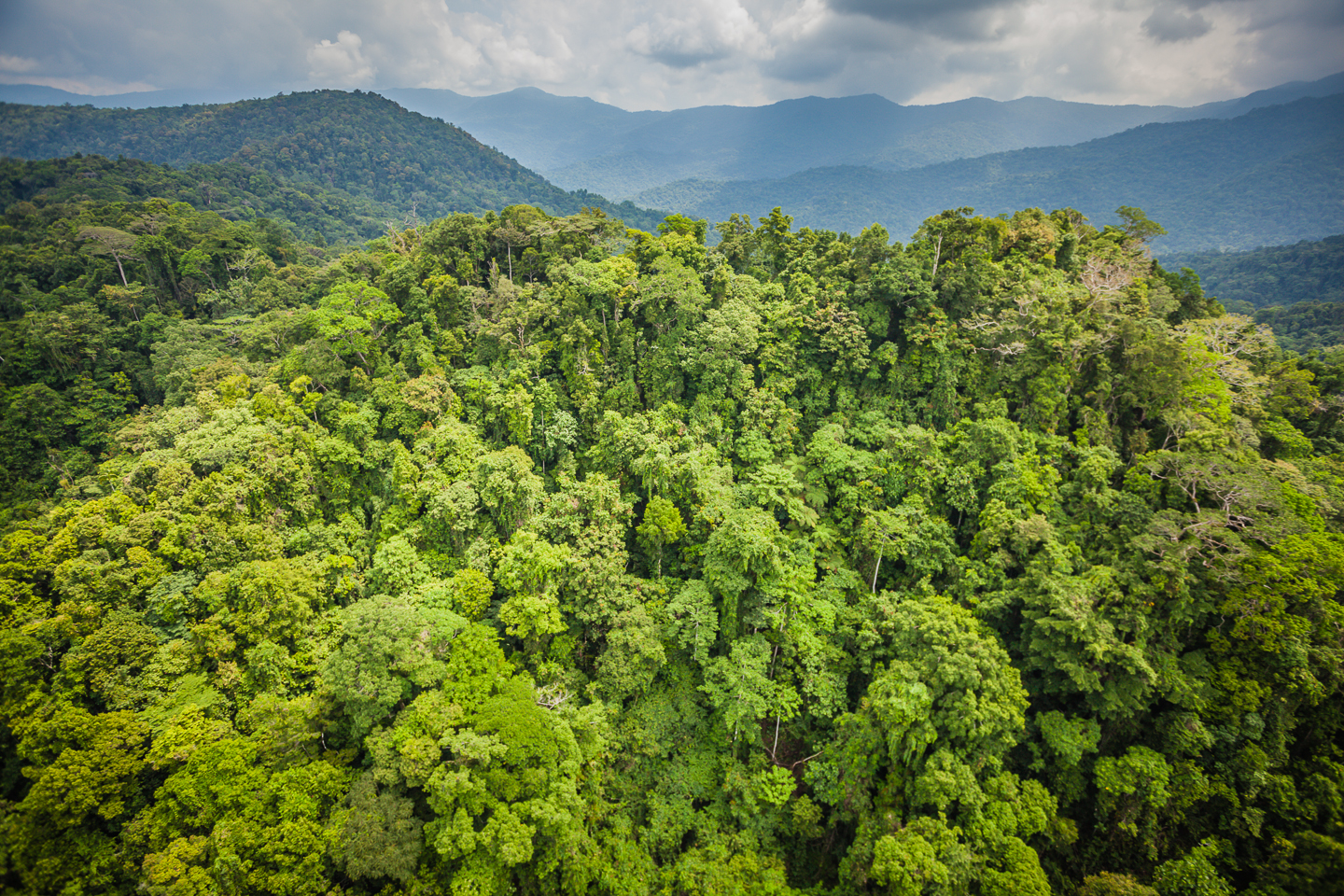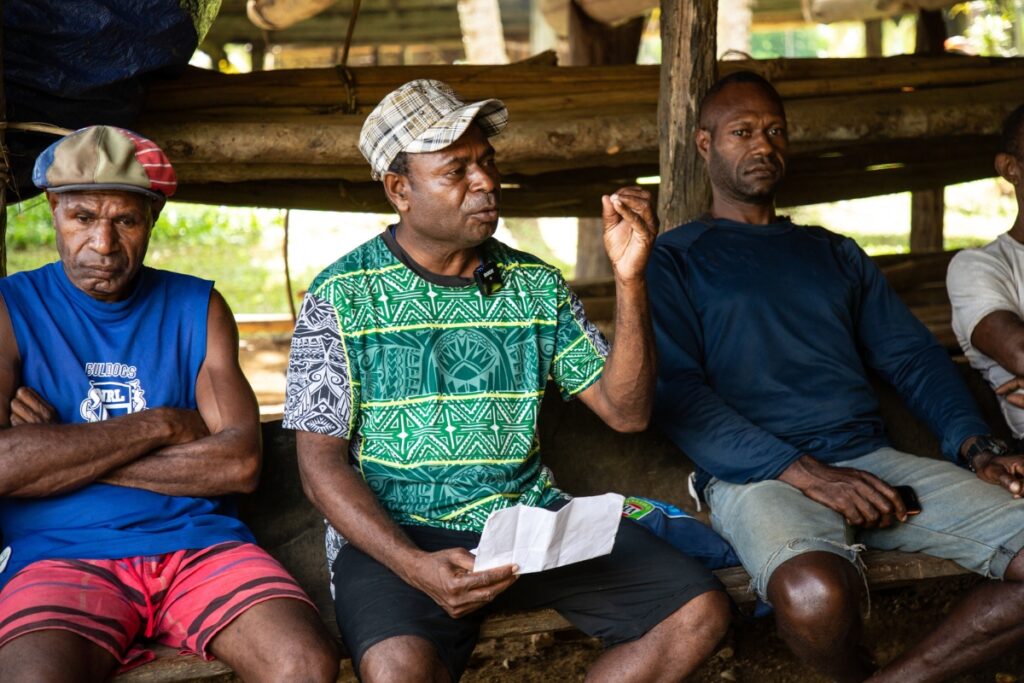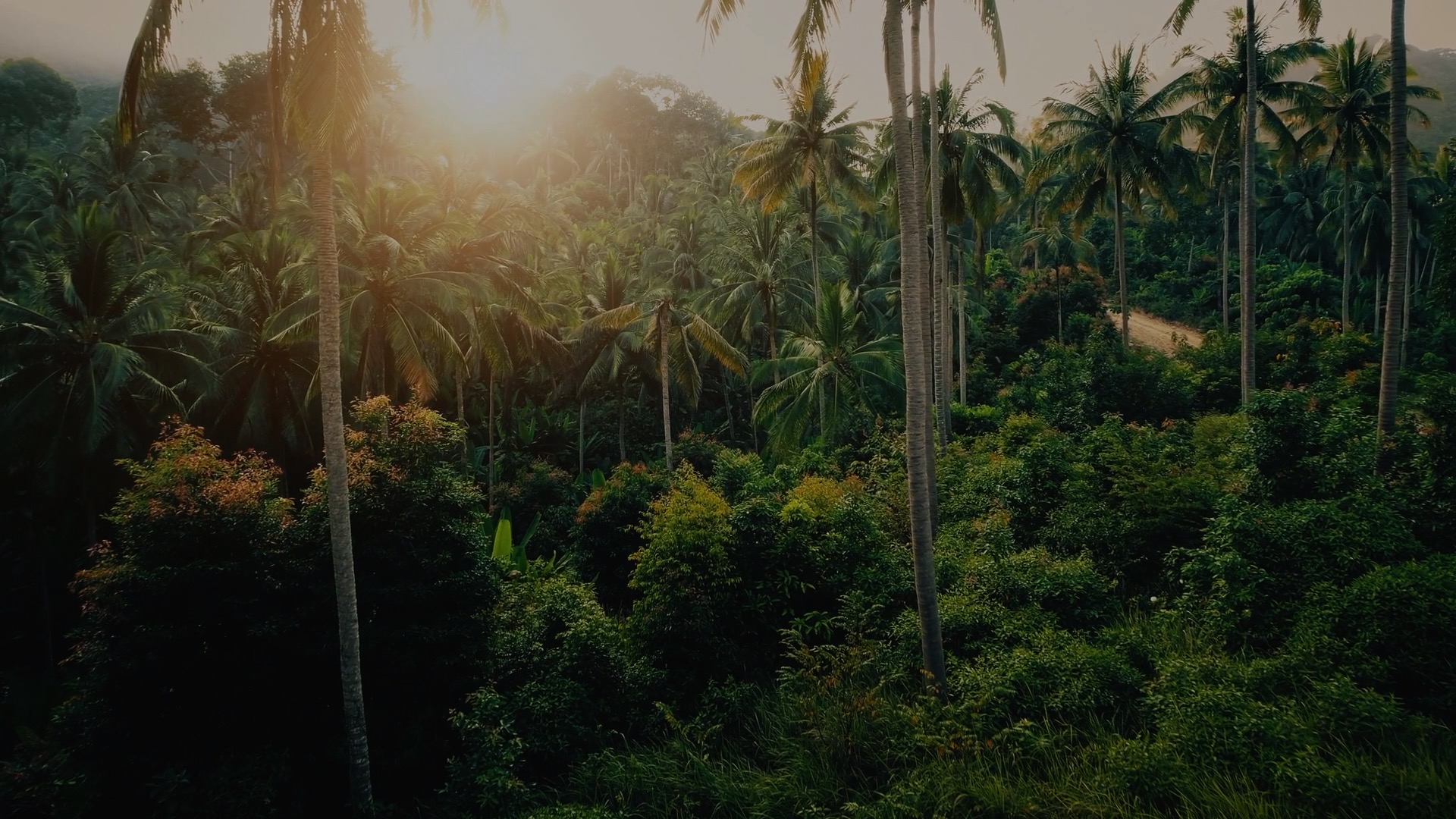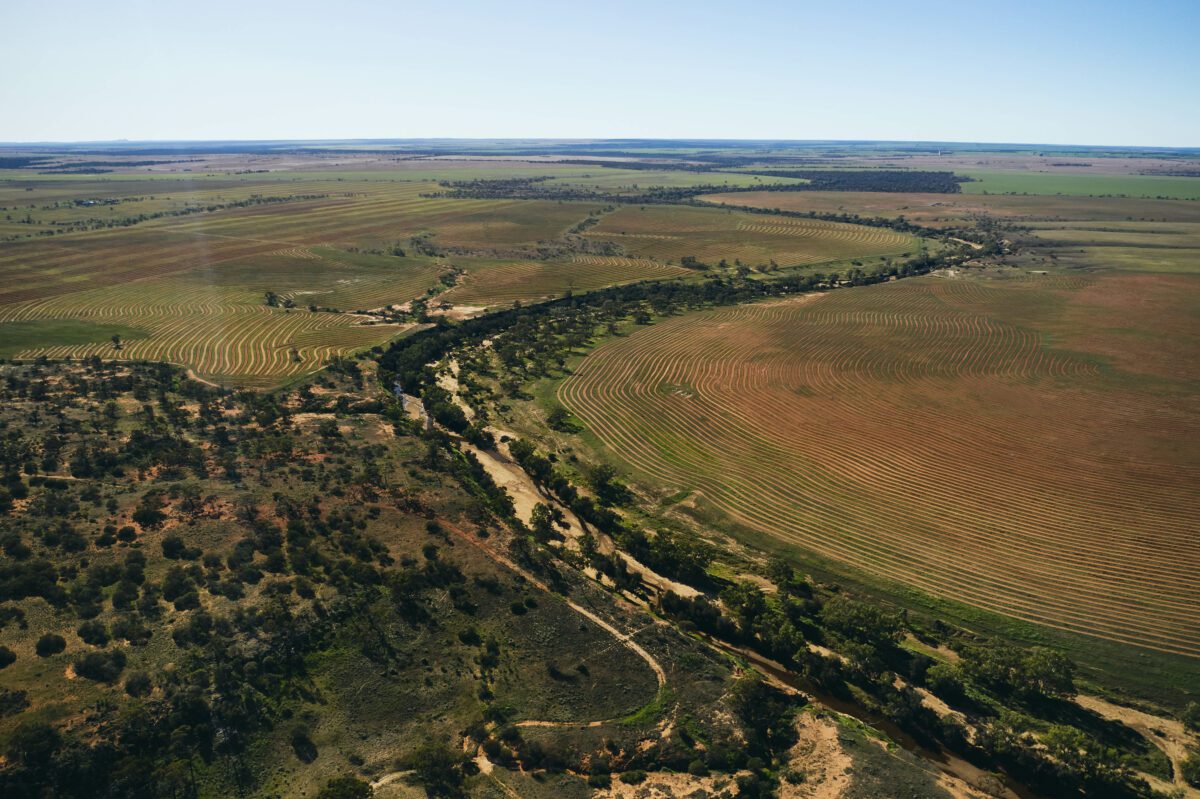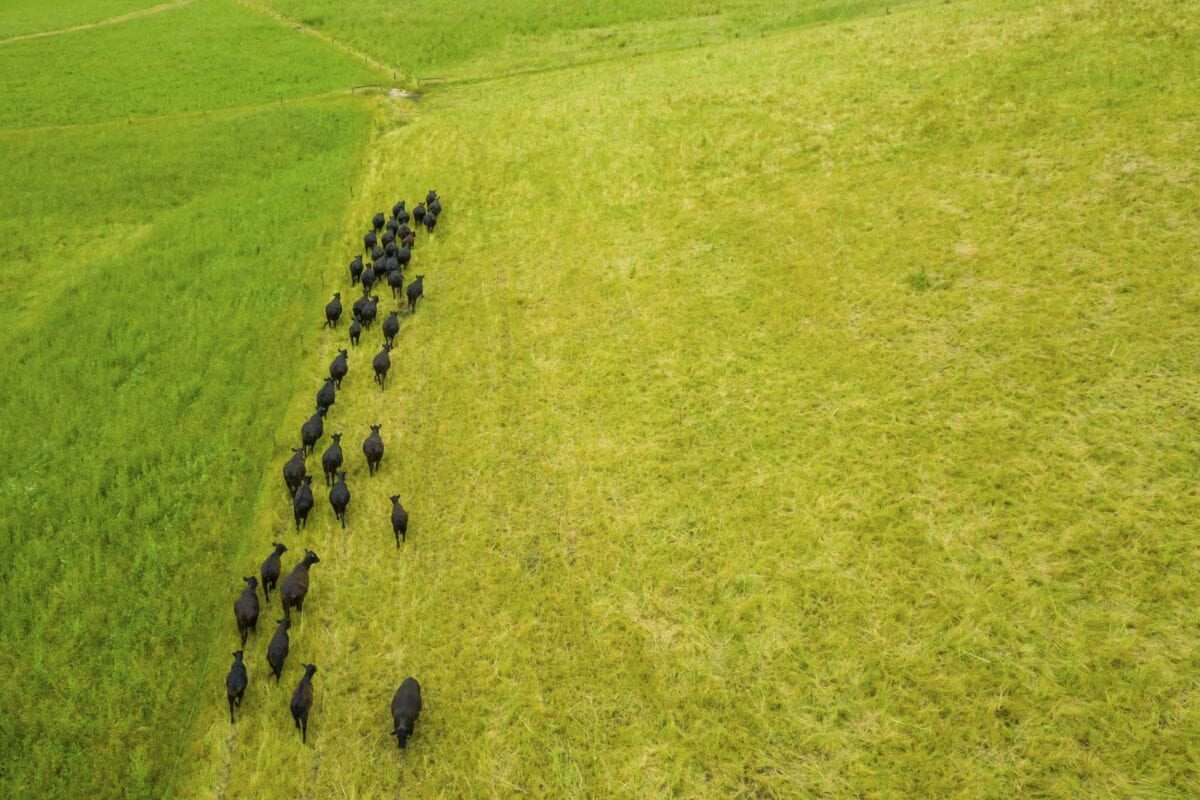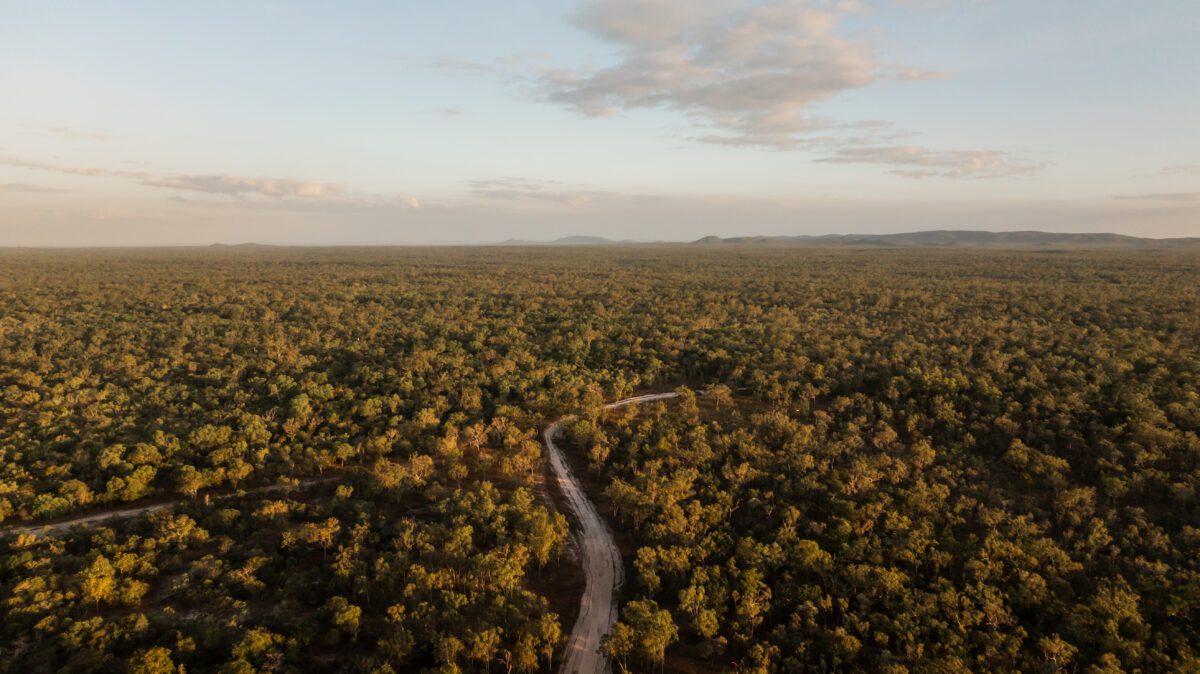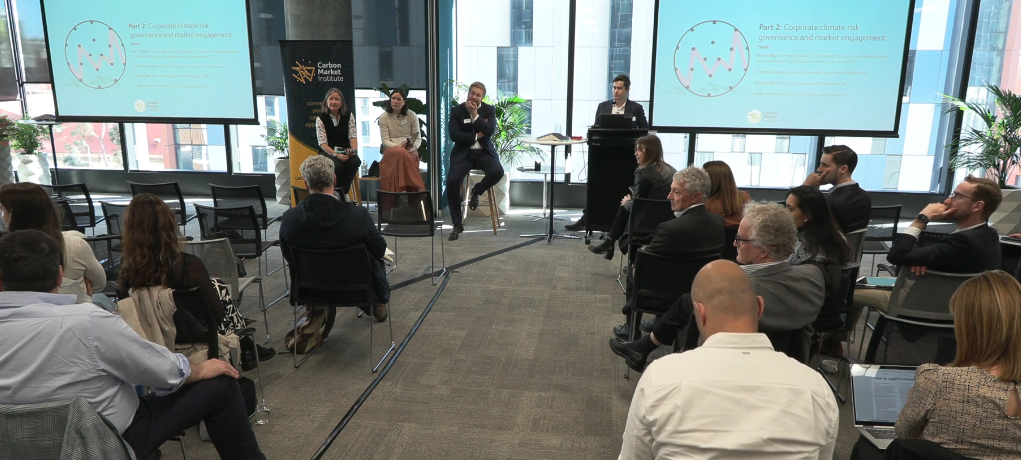Units generated:
VCU
Purchased by:
Commercial in confidence
Project proponents:
Rainforest Project Management Limited
Land management activities:
This methodology is applicable to forest lands, forested wetlands, forested peatlands and tidal wetlands that would be deforested or degraded in the absence of the project activity. The methodology includes a module for activities to reduce emissions from forest degradation caused by extraction of wood for fuel. No modules are included for activities to reduce emissions from forest degradation caused by illegal harvesting of trees for timber; such a module may be included in the future. The methodology also includes a module for activities that include forest regeneration and specific modules for project activities located on peatlands and tidal wetlands.
Verification doc
Verification Docs
The April Salumei Rainforest Community Conservation Project sustainably manages over 600,000 hectares of rainforest in the East Sepik Province of Papua New Guinea. The project, with a crediting area of over 200,000 hectares, has previously been recognised as an exceptional biodiversity hotspot by the Climate Community and Biodiversity Standard (SCS, 2011).
Before becoming a carbon project, the area was planned to be cleared for logging.
The project, developed by Rainforest Project Management Limited, will prevent 22.8m tonnes of greenhouse gases being released into the atmosphere over its lifetime and has prevented 1.8 million tonnes of greenhouse gases being released into the atmosphere during the most recent monitoring period.
In addition to reducing carbon emissions, the project also has a range of other benefits. The project protects vital habitat for many endangered animals, including the tree kangaroo, palm cockatoo, the bird of paradise and the southern crowned pigeon.
Tasman Environmental Markets (TEM) supports the project proponet by partnering with 164 local land groups (clans), made up of around 15,000 people, who own the rainforest and who have surrendered their rights to commercial logging and now work closely with TEM to manage the area sustainably.
The April Salumei Working Group, formed to assist with managing the project, provides employment opportunities to the local community. The project promotes culturally inclusive, sustainable community development via a five-year Sustainable Development Plan, agreed by locals, which commenced in 2024.
The Plan builds on existing short-term project plans and will systematically invest carbon finance into structured, long-term social development programs with a commitment to providing lasting community benefits.
Previous project activities have delivered benefits including:
- Providing over 10,000 native eaglewood trees for village areas for sustainable agriculture
- Providing 1,000 solar powered lights to community schools, health centres and families to provide affordable, sustainable energy
- Created 18 jobs for community members
- Providing funds to improve 15 local schools to help promote quality education.
- Information source: project annual reports.

